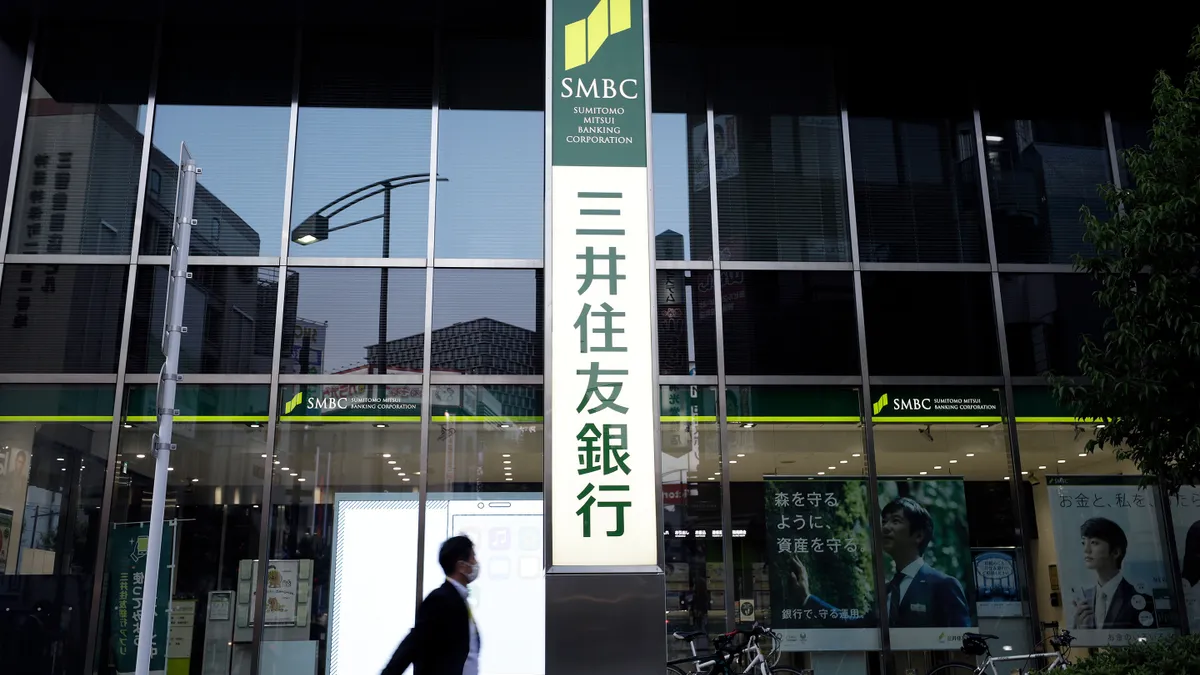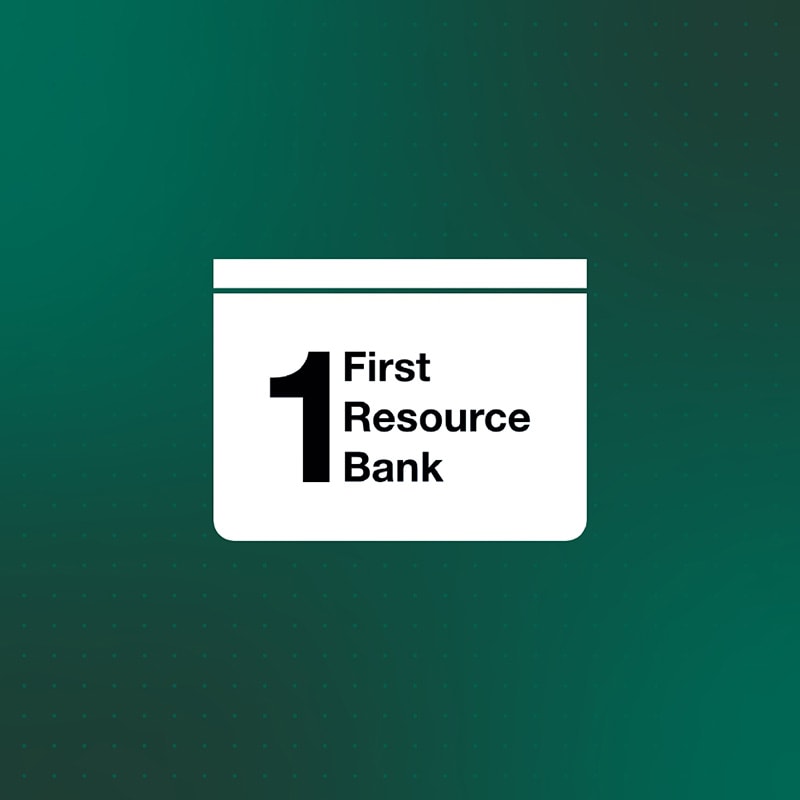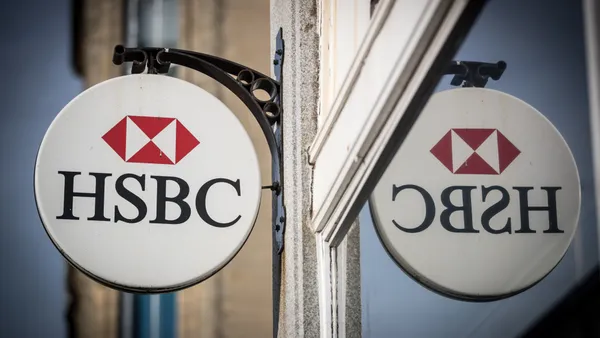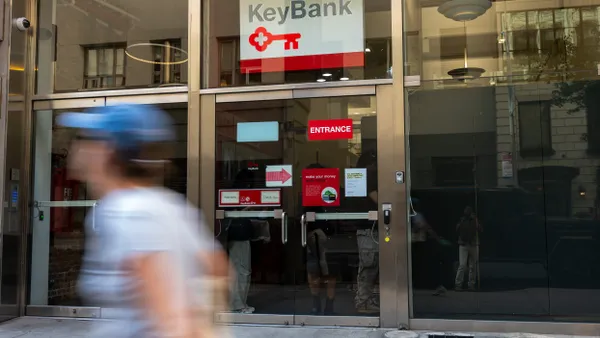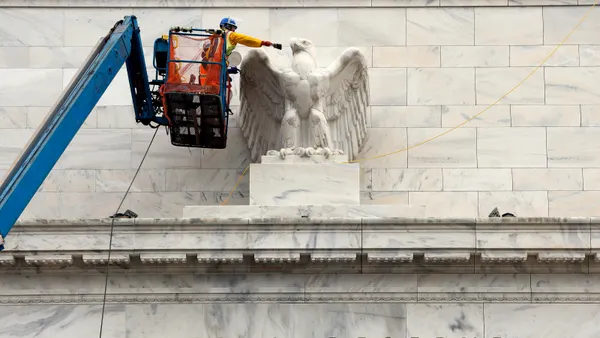Dive Brief:
- JPMorgan Chase applied this month to trademark technology it calls IndexGPT. It would use ChatGPT-like artificial intelligence to select investments for customers, according to a U.S. Patent and Trademark Office filing seen Thursday.
- Widespread use of OpenAI’s ChatGPT, beginning last year, has shown the potential for disruption in the financial services space. The technology has caught the attention not just of companies but regulators, too. Consumer Financial Protection Bureau Director Rohit Chopra said last month his agency is monitoring how generative AI, when used by banks, could undermine customer care or create risks such as bias.
- JPMorgan’s filing represents “a real indication they might have a potential product to launch in the near future," Washington, D.C.-based trademark attorney Josh Gerben told CNBC on Thursday. "Companies like JPMorgan don't just file trademarks for the fun of it.”
Dive Insight:
The popularity of ChatGPT, particularly in simplifying work, has prompted a number of big banks to test it for internal use — at Goldman Sachs, to help engineers create code, and at Morgan Stanley, to answer financial advisers' questions, CNBC reported.
Enthusiasm for the technology has permeated the fintech space, too. MoneyLion plans to launch a ChatGPT-powered search feature that allows consumers to search for transactions, offers and products on the platform’s finance marketplace. And Brex said in March it would launch tools, powered by technology from OpenAI, to provide insights on corporate spending and answer critical business questions in real time.
JPMorgan’s filing makes it plain how closely its product would hew to ChatGPT, calling for the same GPT or “Generative Pre-trained Transformer models.”
"We couldn't discuss AI without mentioning GPT and large language models," JPMorgan’s chief information officer, Lori Beer, said at the bank’s investor day Monday, according to CNBC. "We've recognized the power and opportunity of these tools and are committed to exploring all the ways they can deliver value for the firm.”
Beer added that the bank is testing "a number of use cases" for GPT technology.
JPMorgan counts 1,500 data scientists and machine-learning engineers among its employees, CNBC reported.
If approved, IndexGPT would provide “temporary use of on-line non-downloadable cloud computing software using artificial intelligence for use in computer software selection of financial securities and financial assets,” according to the filing. It would also provide “software as a service (SAAS) services featuring software for analyzing and selecting securities tailored to customer needs.”
That prospect could dial up concern among human financial advisers that their jobs may be in jeopardy. A number of wealth-management firms offer simple robo-adviser services, but they haven’t replaced the human element altogether.
JPMorgan’s move may also ramp up pressure among competitors to harness the technology in some form or create a differentiated brand using similar technology.
It’s hardly the first time JPMorgan’s trademark plans have been closely watched to gauge pending change in a segment of the market. The USPTO in November approved a trademark for “J.P. Morgan Wallet,” putting the nation’s largest bank in position to play spoiler in the crypto space.






